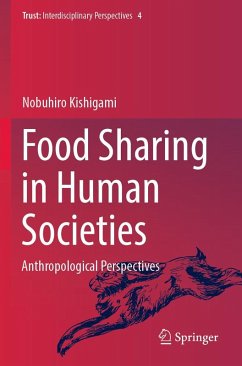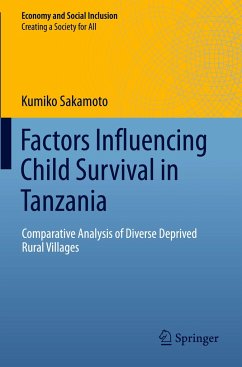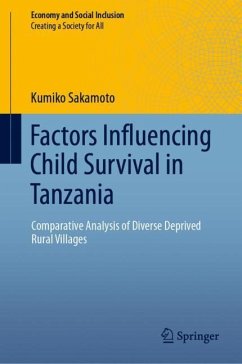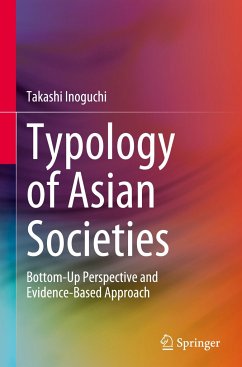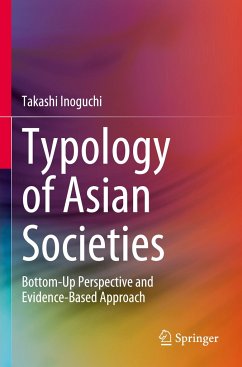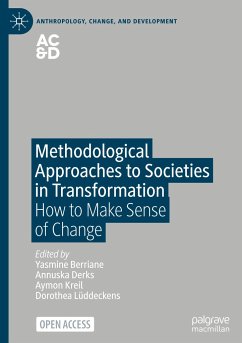
Food Sharing in Human Societies
Anthropological Perspectives
Versandkostenfrei!
Versandfertig in 6-10 Tagen
83,99 €
inkl. MwSt.
Weitere Ausgaben:

PAYBACK Punkte
42 °P sammeln!
This book explores why human beings share food with others using a humanistic anthropological approach. This book provides a comparative examination of distinct features and historical changes in food-sharing practices in various hunting-gathering societies, especially in the Inuit. The author considers human nature through various human food-sharing practices. Food sharing is a characteristic of human behavior and has been one of the central topics in anthropological studies of hunter-gatherers for a long time. While anthropologists have attempted to understand it in functional, historical, a...
This book explores why human beings share food with others using a humanistic anthropological approach. This book provides a comparative examination of distinct features and historical changes in food-sharing practices in various hunting-gathering societies, especially in the Inuit. The author considers human nature through various human food-sharing practices. Food sharing is a characteristic of human behavior and has been one of the central topics in anthropological studies of hunter-gatherers for a long time. While anthropologists have attempted to understand it in functional, historical, adaptational, social, cultural, psychological, or phenomenological perspective, they have failed to convincingly explain its origin, variation, existence or/and change. Recently, evolutionary ecology or behavioral ecology has dominated research of the topic. However, neither of them adequately considers social, cultural and historical factors in the analysis of human food-sharing practices. Thisbook is an essential and fundamental study for every researcher interested in the relationship between human nature, society and culture.



